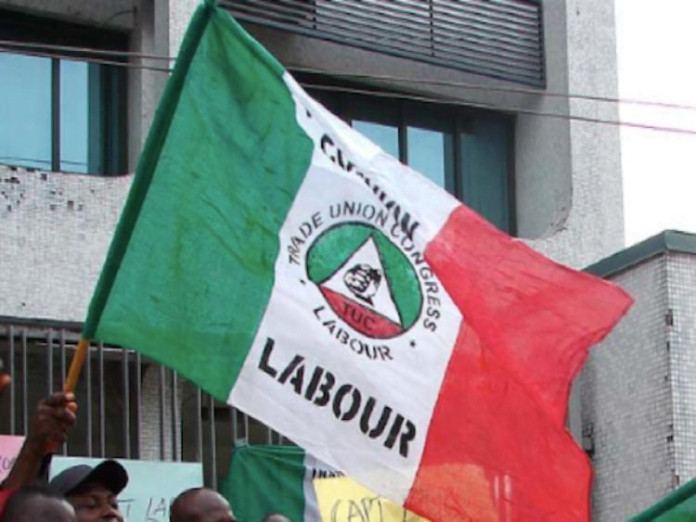Organised Labour, including the Nigeria Labour Congress and the Trade Union Congress, has rejected the proposal of the Southern Governors’ Forum to decentralise minimum wage negotiations to state governments.
The NLC condemned the proposal as “unfriendly and anti-worker”, noting that allowing states to determine their minimum wages would be detrimental to workers’ welfare.
The Southern Governors’ Forum sought for states to be allowed to negotiate the minimum wage for workers independently. At the end of a meeting held on Monday at the Ogun State Presidential Lodge in Abeokuta, the forum resolved that wages should be reflective of the cost of living.
This was revealed in a communique issued from the meeting and signed by the newly-appointed Chairman of the forum, Governor Dapo Abiodun of Ogun State; and Vice-Chairman, Prof Charles Soludo of Anambra State.
The meeting was attended by Governors Seyi Makinde of Oyo State; Babajide Sanwo-Olu of Lagos; Godwin Obaseki of Edo; Hope Uzodinma of Imo; Abiodun Oyebanji of Ekiti; Duoye Diri of Bayelsa; Ademola Adeleke of Osun; Umo Eno of Akwa Ibom; Siminalayi Fubara of Rivers; and Bassey Otu of Cross River.
Other attendees included Governors Francis Nwifuru of Ebonyi State; Lucky Aiyedatiwa of Ondo; Peter Mbah of Enugu; Sheriff Oborevwori of Delta State; and Alex Otti of Abia State.
“The forum discussed the minimum wage demanded by Labour and unanimously agreed that the minimum wage should be reflective of the cost of living, and that each state should be allowed to negotiate its minimum wage,” the communique stated.
Meanwhile, the Presidency had on Monday appealed to Nigerians not to put unnecessary pressure on the President, assuring them that the Federal Government would transmit the proposed bill on the new minimum wage to the National Assembly once it was ready.
Reacting to the proposal of the governors, the National Treasurer of the NLC, Akeem Ambali, in an interview monitored by GTN, insisted that the governors had no power to negotiate the new minimum wage.
He added that the governors were compelled by law to implement the new national minimum wage. Ambali advised the governors to stop trying to strong-arm the Federal Government and labour with their request to negotiate with labour individually, and rather focus on how they would implement the national minimum wage when it is approved.
Ambali noted that it was regrettable that labour had to always resort to strike actions to get the government to yield to its demands. He asked the governors make public how much they earn, and subject it to negotiations.
He said, “Traditionally, the minimum wage is a national issue; it is not a sub-national negotiation. That is the essence of the Minimum Wage Act, and the law is clear. Governors don’t have the power to negotiate the minimum wage.
What they can only negotiate are other allowances, but the minimum wage is a social protection content, and it is not only applicable to Nigeria.
“My advice for the governors is that they should prepare their balance sheet and look at how to implement the national minimum wage once it is approved.
They should not stress themselves with the issue of negotiating with Labour on a state level. After all, we have seen what happened in Zamfara, where they refused to pay the current minimum wage (N30,000) until Labour issued an ultimatum, and they quickly started paying.
Some states are still not paying the current minimum wage. We know what happened in Anambra, which is the state of the Vice Chairman of the Southern Governors’ Forum, Charles Soludo. When you look at all that, you will realise that some of them (governors) may not have good intentions. In fact, the majority of them are not labour-friendly and they are not pro-workers.”










